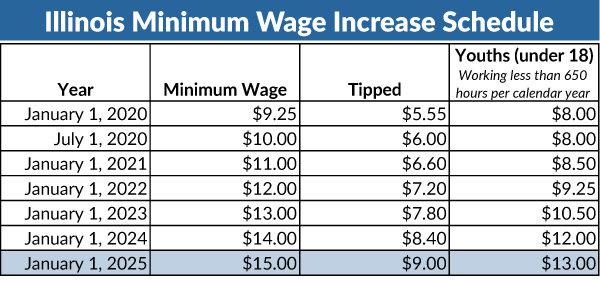For almost a decade, Yemen has been entrenched in a bloody civil war. Now, the United States is involved.
Last November, a militant group known as the Houthis (officially known as Ansar Allah) were propelled into the global spotlight after conducting attacks on commercial trade ships in the Red Sea. According to Houthi leaders, these incursions come in response to Israel’s actions against Palestinians in the Israel-Hamas war.
“Our main battle is to prevent ships linked to the Israeli enemy from passing through not only the Arabian Sea, the Red Sea and the Gulf of Aden, but also the Indian Ocean towards the Cape of Good Hope,” said the group’s leader Abdul Malik al-Houthi in a televised interview.
Since then, the Houthis have launched dozens of missile and drone strikes on more ships. The attacks stunted portions of international trade, and shortly after saw a retaliation from the U.S. and U.K, two dominant global powers which partly hold control over the Red Sea. According to the New York Times, U.S. air strikes were aimed at military bases, airports, and weapons storage areas.
“This collective action sends a clear message to the Houthis that they will continue to bear further consequences if they do not end their illegal attacks on international shipping and naval vessels,” said Secretary of Defense Lloyd J. Austin in February. “We will not hesitate to defend lives and the free flow of commerce in one of the world’s most critical waterways.”
Historically, wider conflict in Yemen has been ongoing since the Cold War, when the country became part of one of the many proxy wars between the U.S. and the Soviet Union. However in 2014, the Houthis overthrew the Yemeni government and established themselves as de-facto leaders. After gaining power, the Houthis saw intense struggle with Saudi militias making use of American-made weapons.
During this time, the U.S. made efforts to create peace within the area.
“Saudi Arabia wanted to crush the Houthis, and we’re trying to constrain them,” said Social Studies teacher Mr. McCarthy, “You know, we’re trying to broker a peace. But it led to the Saudis totally destroying the country.”
Conditions within Yemen have been unstable since the beginning of the civil war nearly a decade ago, but the crisis has only been exacerbated in recent months. A significant toll has been taken on the civilian population. According to a report published by the Human Rights Watch this year, “more than 21 million Yemenis [are] in need of assistance and suffering from inadequate food, health care, and infrastructure.”
It has since unfolded to one of the most dire humanitarian emergencies in our modern day. According to UNICEF, over 3.1 million children have been displaced, and an estimated 11,200 have been killed.
Additionally, concerns have been raised that a heavy handed response from western nations may lead to the eruption of a wider conflict in the Middle East. Houthi leaders have expressed no timidity when faced with the prospect of war against the United States.
“We, the Yemeni people, are not among those who are afraid of America,” said Abdul Malik al-Houthi in a televised speech. “We are comfortable with a direct confrontation with the Americans.”
Still, the Houthis have continued their attacks despite over two months of U.S. airstrikes.

